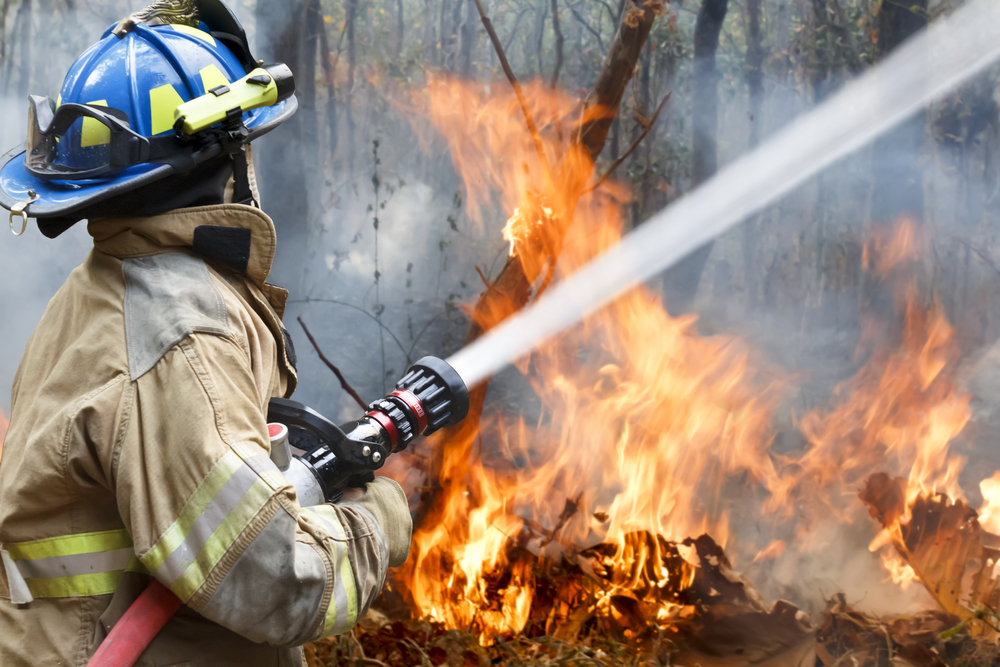A new approach to British Columbia's forestry agreements will lead to faster action on harvesting areas damaged by wildfire, provide more timber for mills and set up faster reforestation through the leadership of First Nations.
New Wildfire Salvage Opportunity Agreements (WSOAs) will enable the timely direct award of forestry licences to First Nations for salvaging timber damaged by wildfire. Streamlining the process to harvest timber affected by wildfire will support mills by ensuring they can access fire-damaged logs before they degrade and still have commercial value.
Recent record-breaking wildfires have created a significant volume of fire-damaged timber, far outstripping the ability of forest companies to harvest the areas in a timely manner. Wildfires affected more than 864,000 hectares of forests in 2021 with only approximately 5% of the area expected to be salvaged this year.
WSOA’s will provide an opportunity for First Nations to secure salvage timber volumes under licence, adding to the work that forest companies are already performing. The agreements will increase harvest activities in fire-damaged forests, while providing meaningful employment and economic benefits to communities. One of the additional benefits is that expedited harvesting creates the opportunity to rehabilitate forest lands faster, through silviculture and forest regrowth.
The Ministry of Forests will negotiate specific WSOAs with First Nations, which will expand Indigenous participation in the forestry sector and reflect the provincial commitment under the Declaration on the Rights of Indigenous Peoples Act. Licences issued under WSOAs will be short-term (between one and three years), with timber volumes expected in the range of 2,000 to 50,000 m3.
Accelerating access to fire-damaged timber was one of the key recommendations from the BC Pulp and Paper Coalition to keep mills operating and support forestry jobs. The pulp industry is committed to expanding partnerships with First Nations to improve access to moderate and heavily burnt timber needed by mills.
